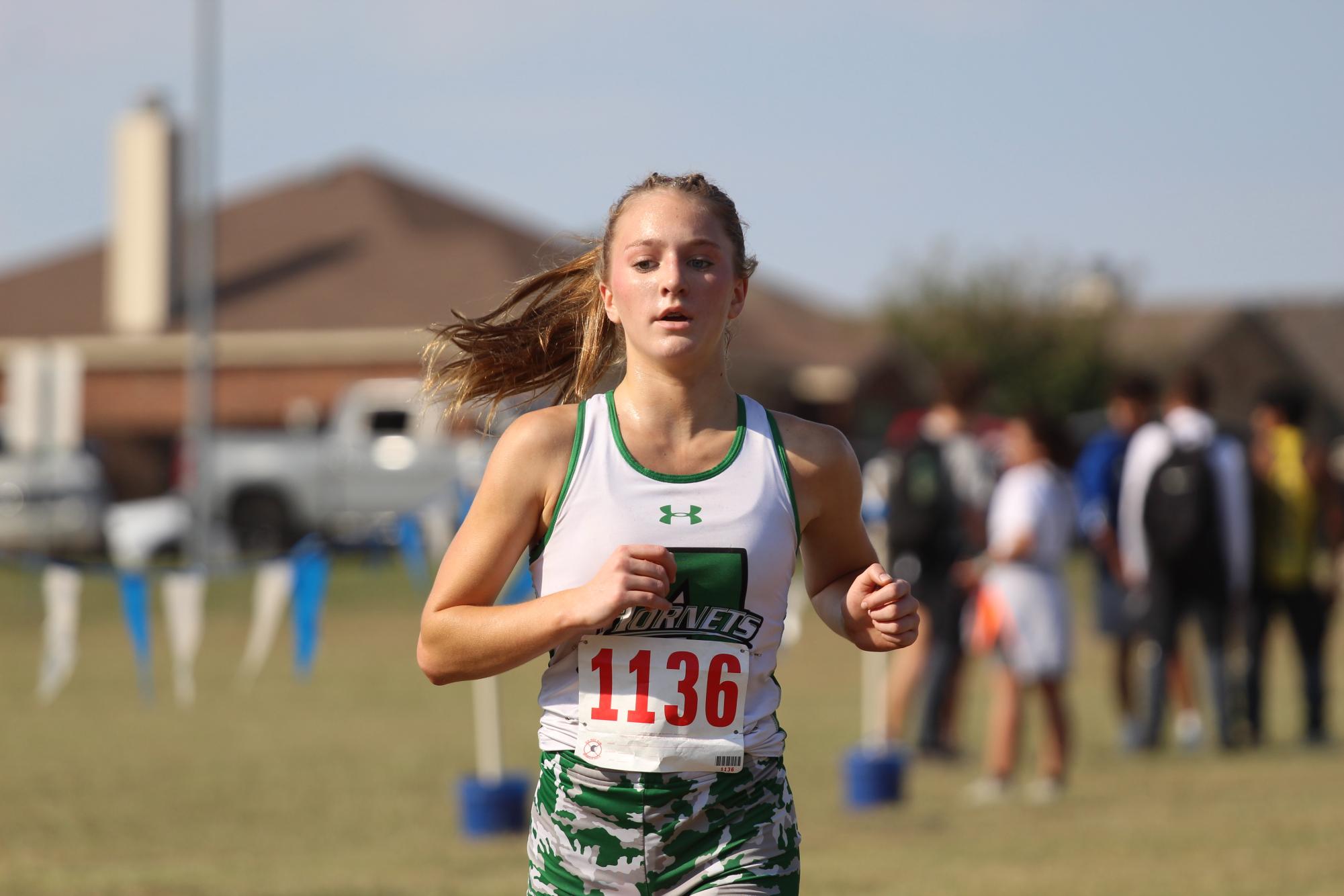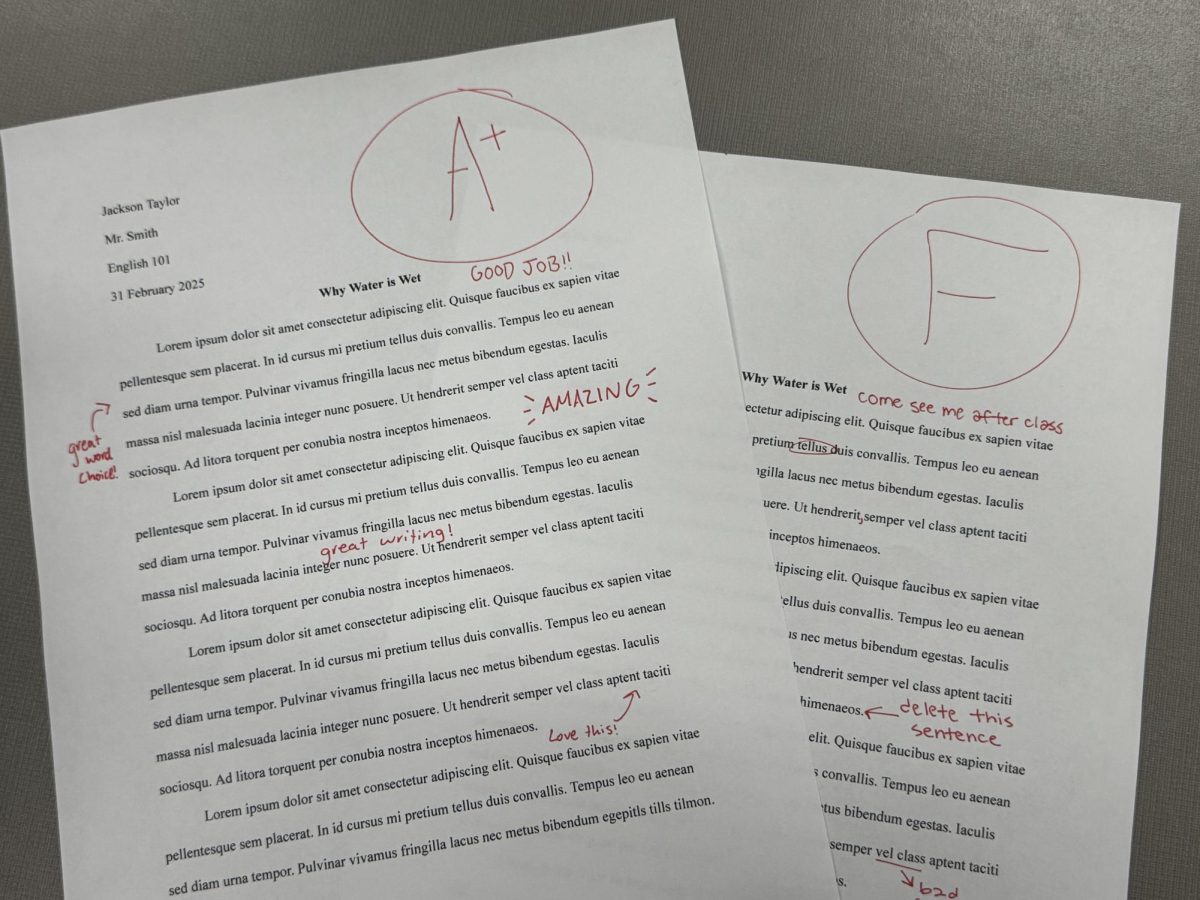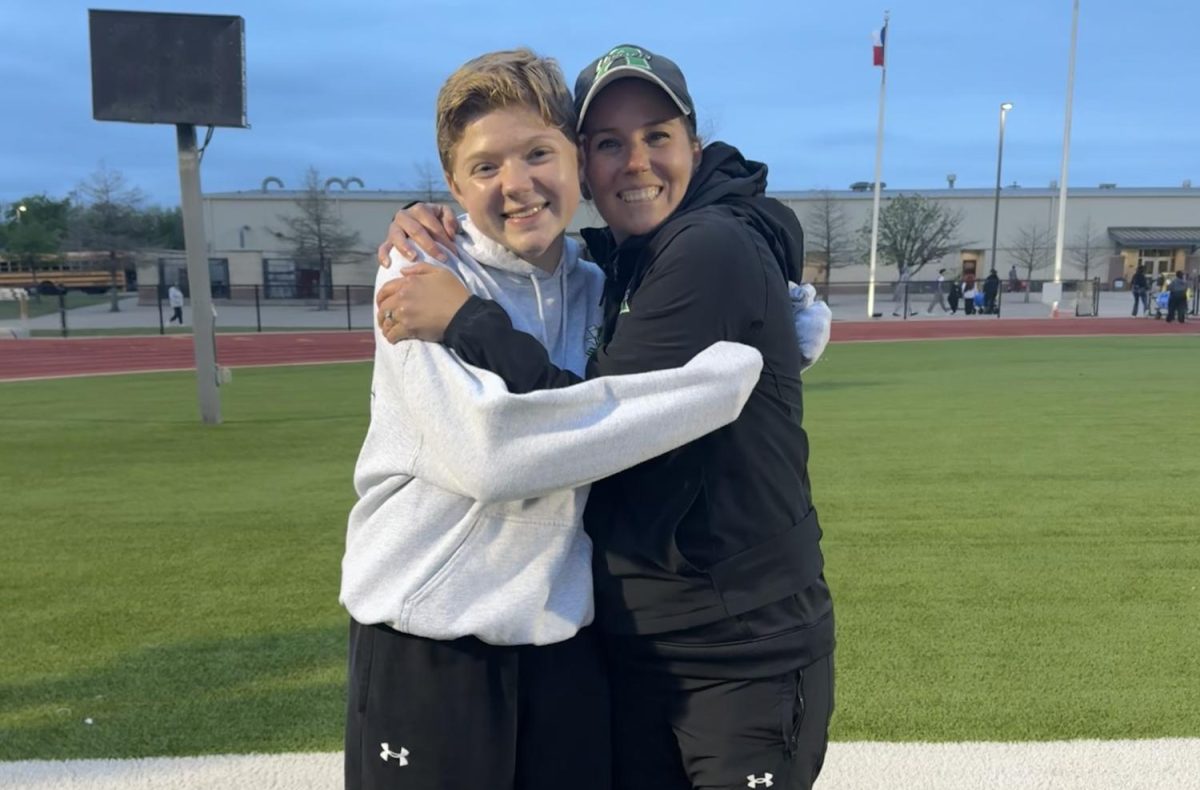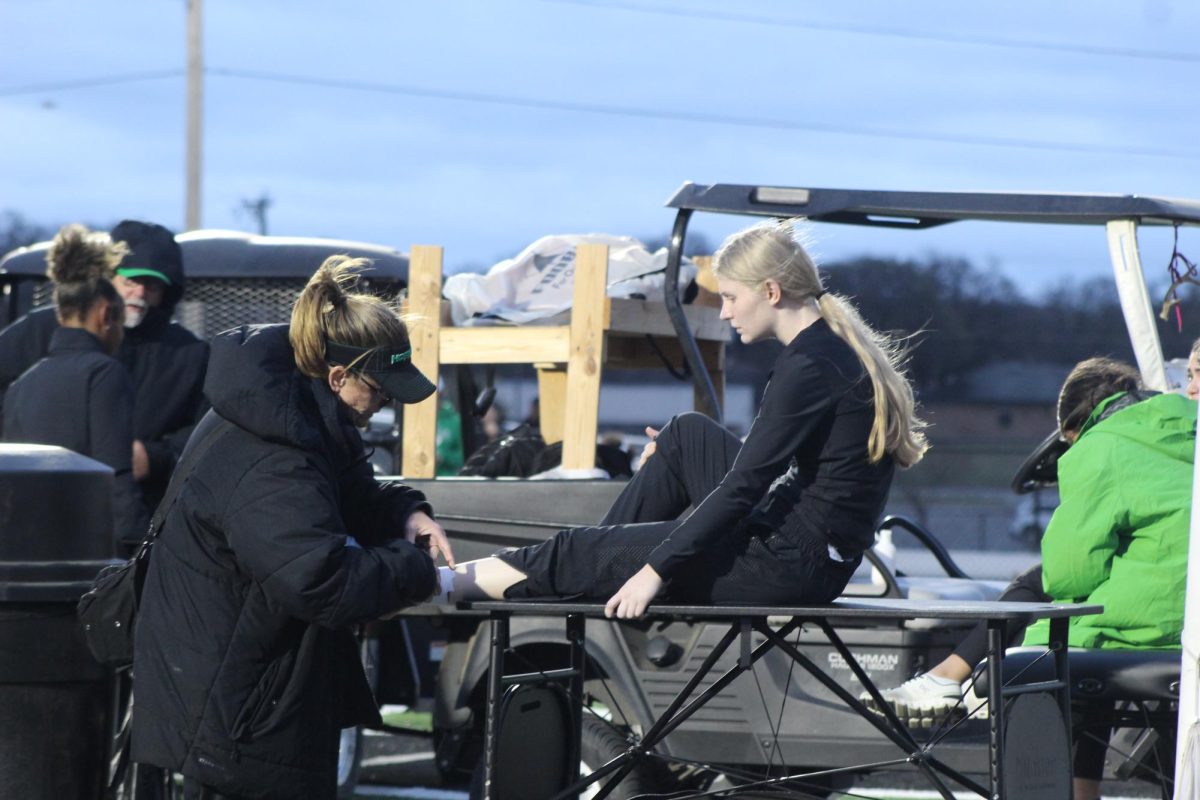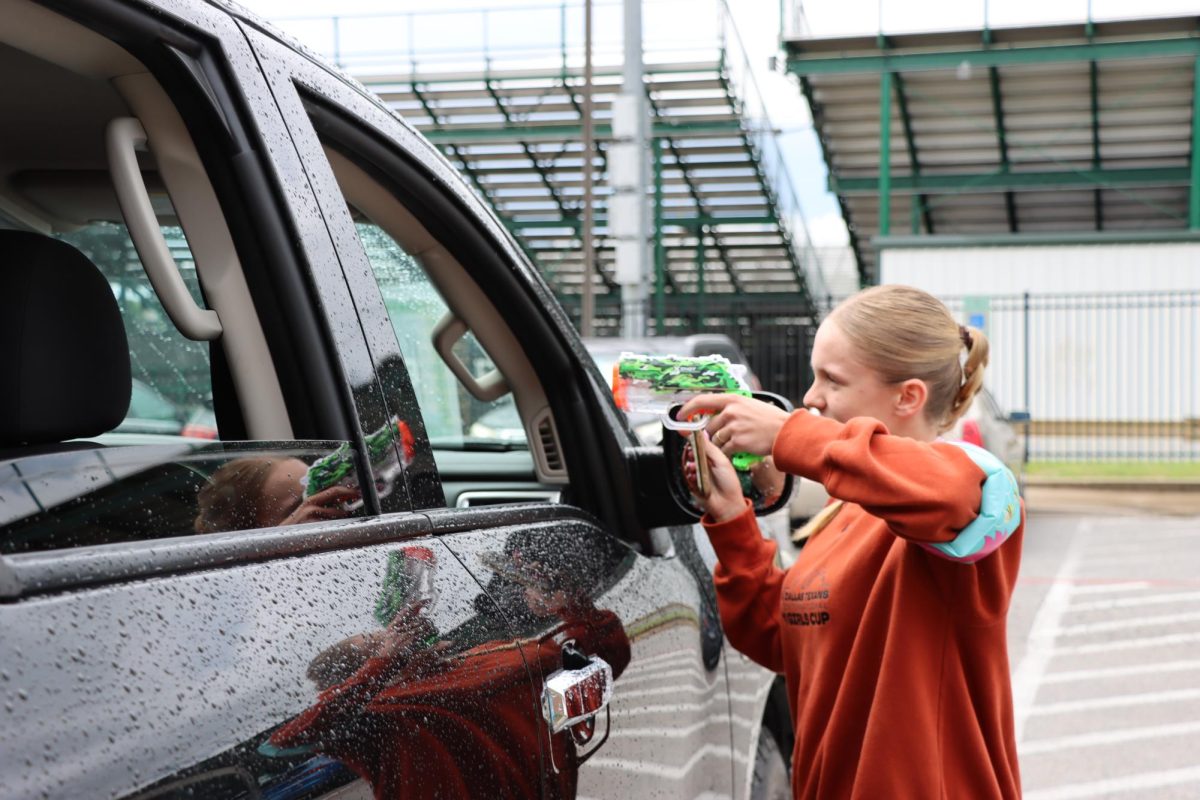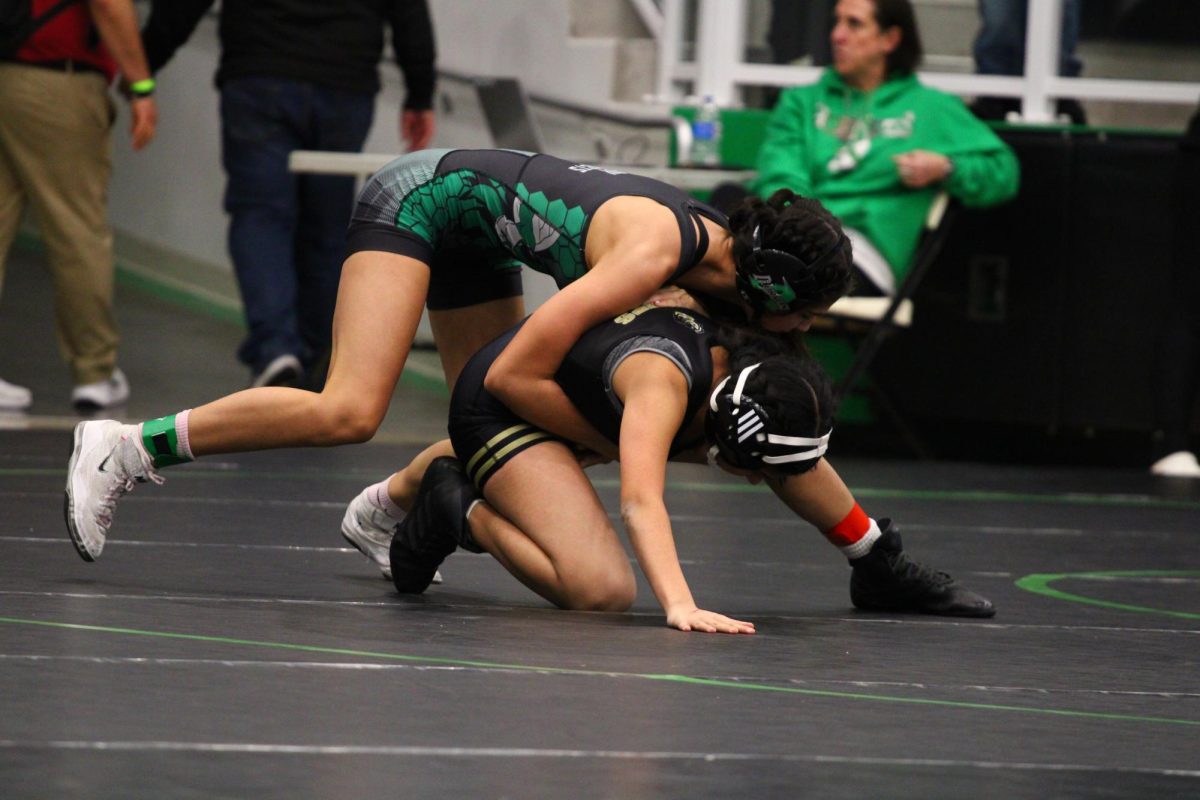Being a student-athlete in high school can come with challenges, but participating in multiple sports can bring even more. Balancing school work, practices for multiple sports and trying to enjoy the high school experience can be exhausting, but it is worth the struggle.
Because sports seasons can overlap, scheduling practices and getting the most out of everyone can get complicated. Sophomore Noah Kovach is in wrestling, cross country and track.
“I have to do some workouts in the morning and some in the afternoon,” Noah said. “When coaches communicate with each other and help me with my schedule, it makes it a lot easier.”
Taking part in multiple sports can also be beneficial and can give athletes a wider skill set.
“It trains them in a different kind of way,” head tennis coach Connor Mason said. “It keeps them disciplined in a variety of ways and it exposes them to different kinds of coaching styles. It also keeps them in shape in different ways. For example, having athletes that play football or athletes that play soccer, when they come back to tennis they are more explosive, and they don’t get tired as quickly because of that conditioning and the training that they have received in other sports.”
For multi-sport athletes whose seasons do not overlap, it can be easier to prioritize one sport over the other based on which sport is in season and which one isn’t.
“My coaches are really good at working with me on being able to make sure I can get to both [practices] on time and put just as much effort in both sports,” sophomore Bella Tipton said. “But my softball coaches know that during basketball season, that’s where my focus is, and my basketball coaches know during softball season, that’s where my focus will be.”
Taking part in multiple sports can require both coaches and athletes to compromise. Coaches may have to modify workouts or practices based on an athlete’s schedule for other sports they participate in.
“We don’t want an athlete playing multiple sports to be a punishment,” Mason said. “It’s hard enough on the athlete already to try and juggle both sports, so sometimes we have to give them a little bit more attention when they’re [at practice].”
Having to miss a practice because another sport may have a game or event can be difficult, but communicating with coaches and getting advice from them can help athletes keep a steady and healthy schedule. Freshman Kobie Torgesen participates in tennis, football, basketball and track.
“There have been times where I’ve had to miss practice to go to another sport,” Kobie said. “I usually have to tell my coaches and they help me and will tell me what to do.”
Multiple sports can be very time-consuming and athletes can forget that there is more to high school than their sport. Archery coach and outdoor adventures teacher Lisa Helm was a multi-sport athlete in high school and said she learned not to let sports consume her.
“You’re not just an athlete, you’re a person,” Helm said. “In high school, I learned athletics is a part of me, but it’s not all of me.”
At the end of the day, the goal of high school sports is to compete and, most importantly, have fun. It may be hard, but getting the opportunity to be in more than one sport should be a positive aspect of high school, not a negative.
“Our job is to benefit all the athletes at the school, and not pigeon-hole them into doing one sport their whole high school career,” Mason said. “I want every student and every athlete to have the full high school experience so they look back and go, ‘I got to do everything I wanted to do, and I had a great time.”


